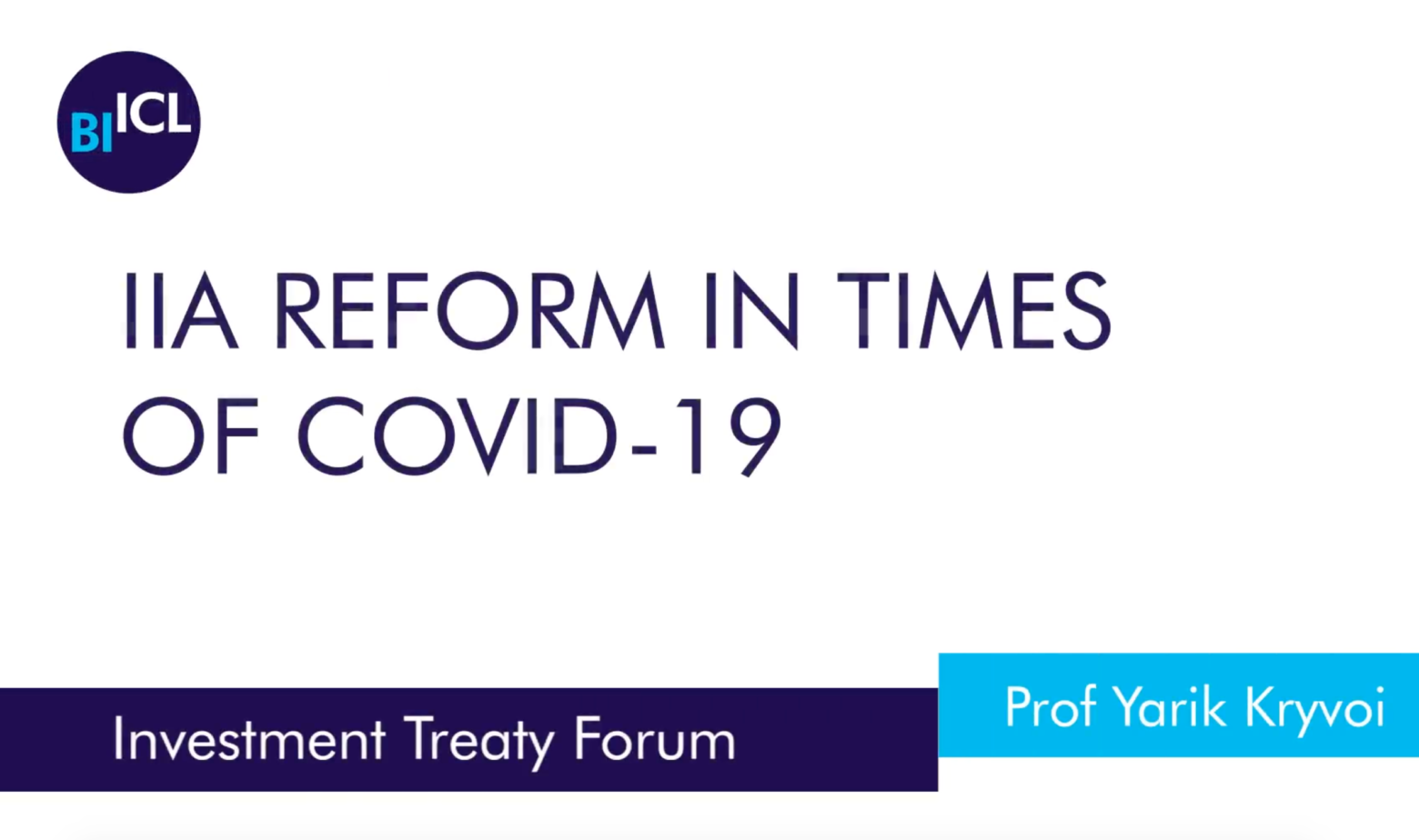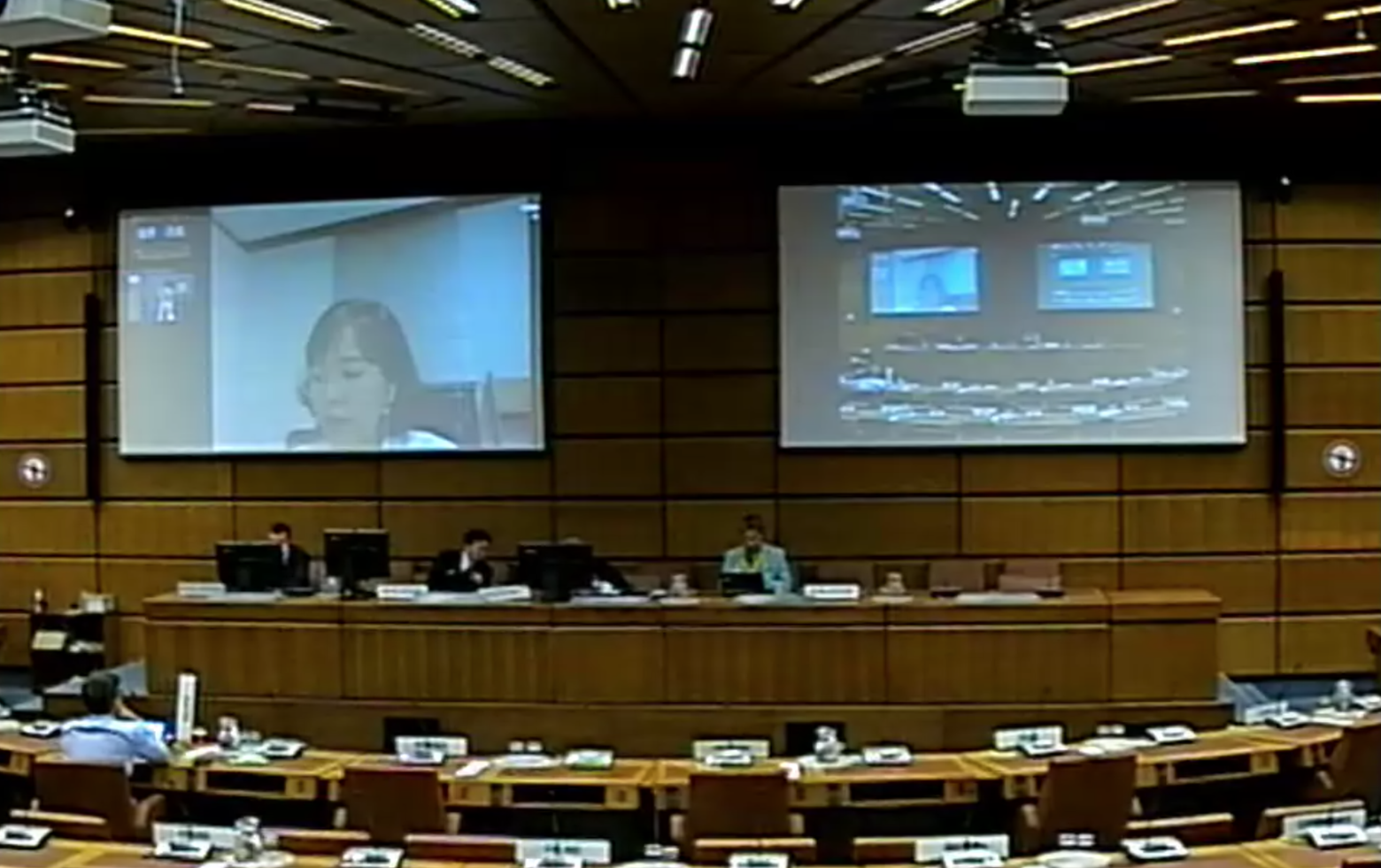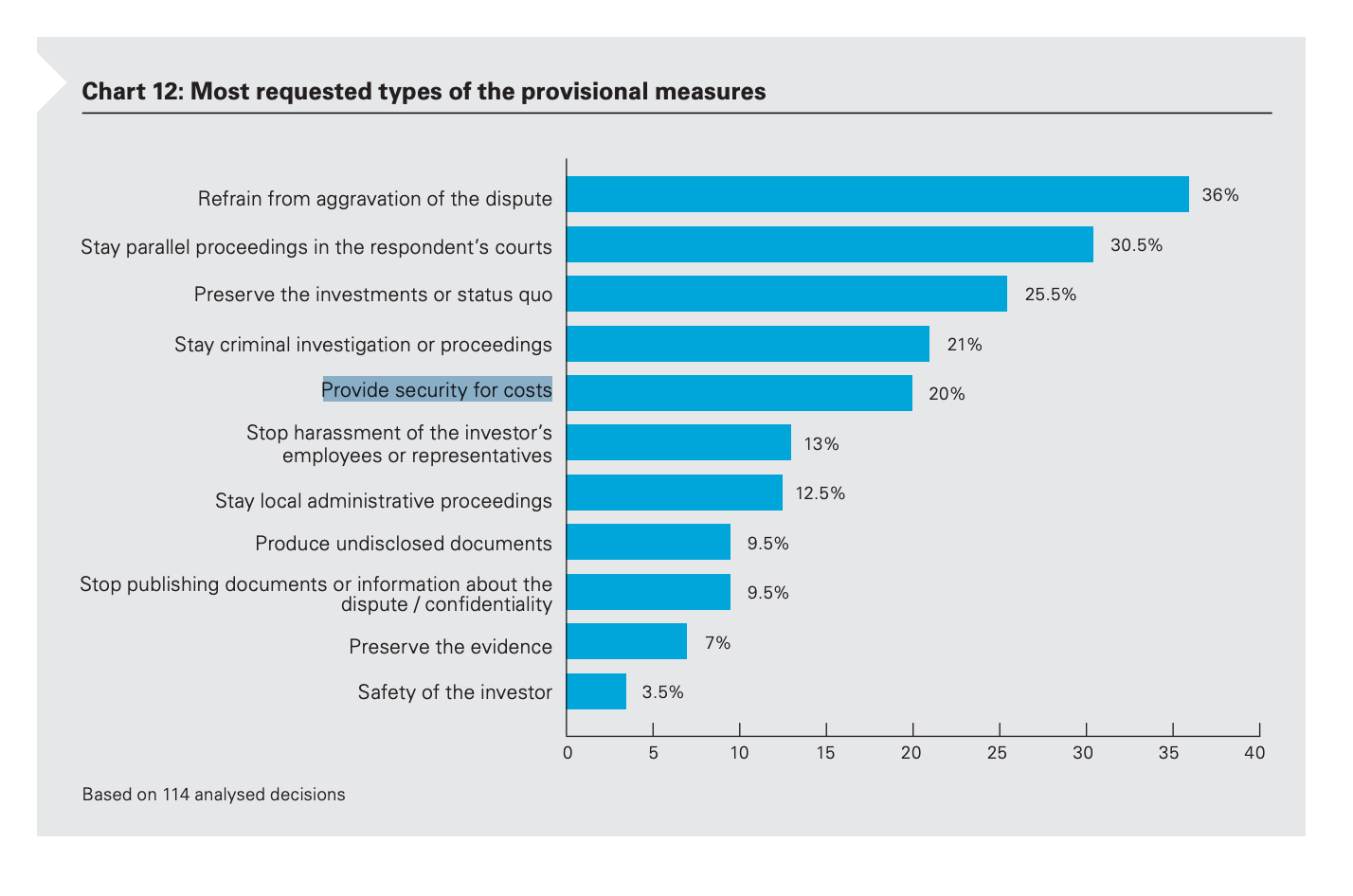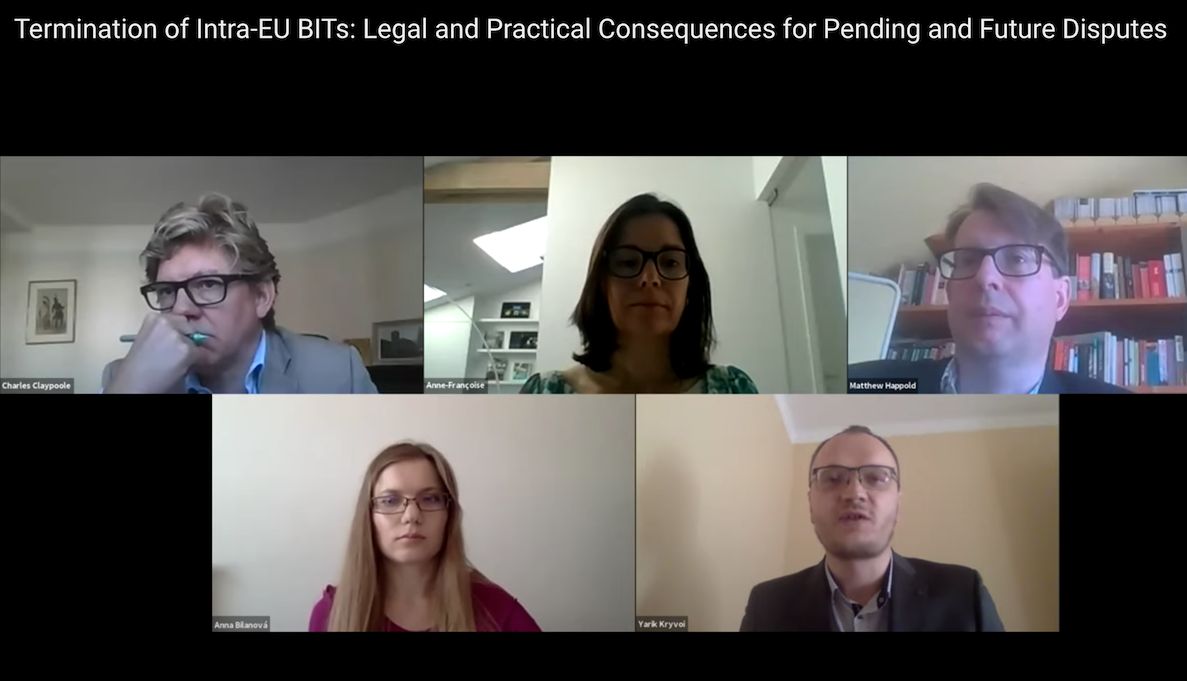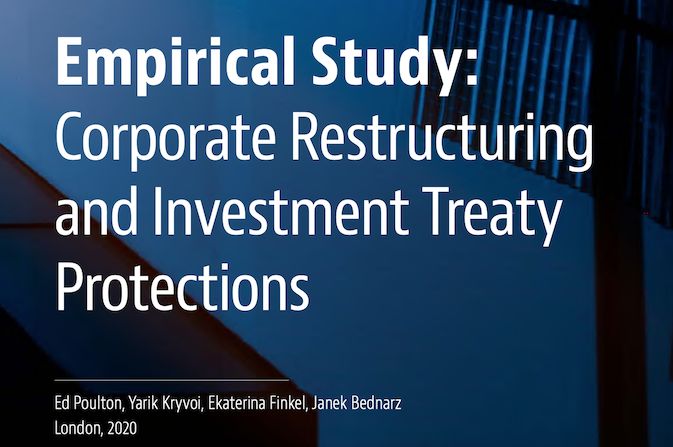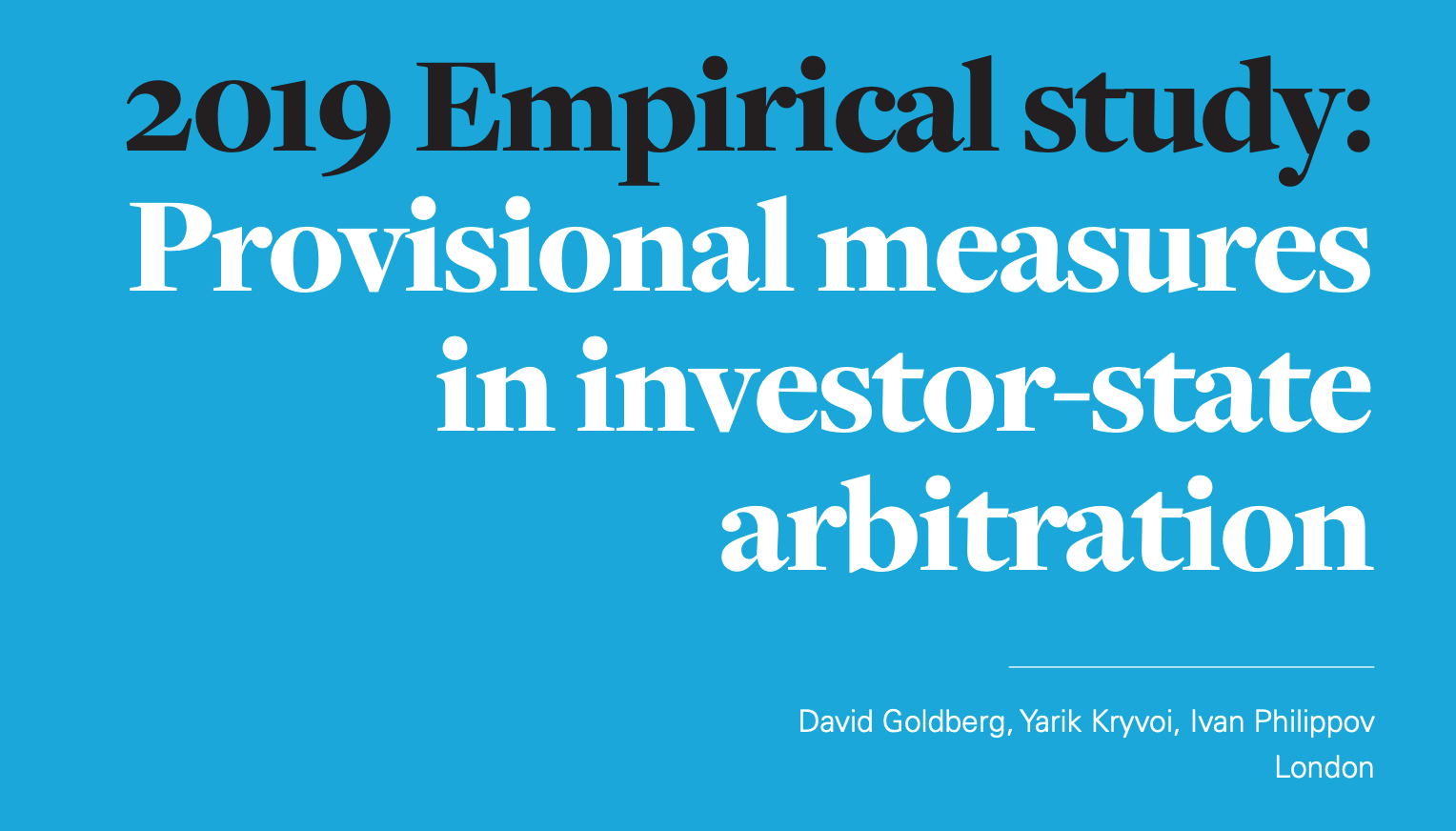Those unfamiliar with civil law procedure rules followed by English courts may find it difficult to understand how to argue issues related to foreign law. Should lawyers representing the parties explain their own understanding of foreign law? Are they supposed to invite experts to do that? Do experts need to be admitted to practice in…

